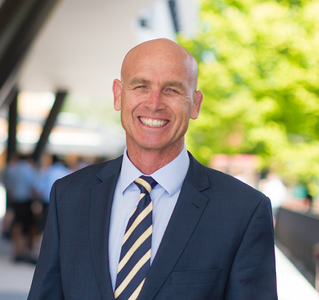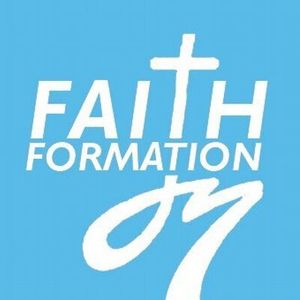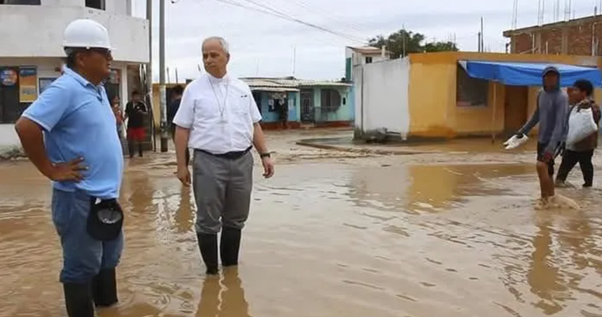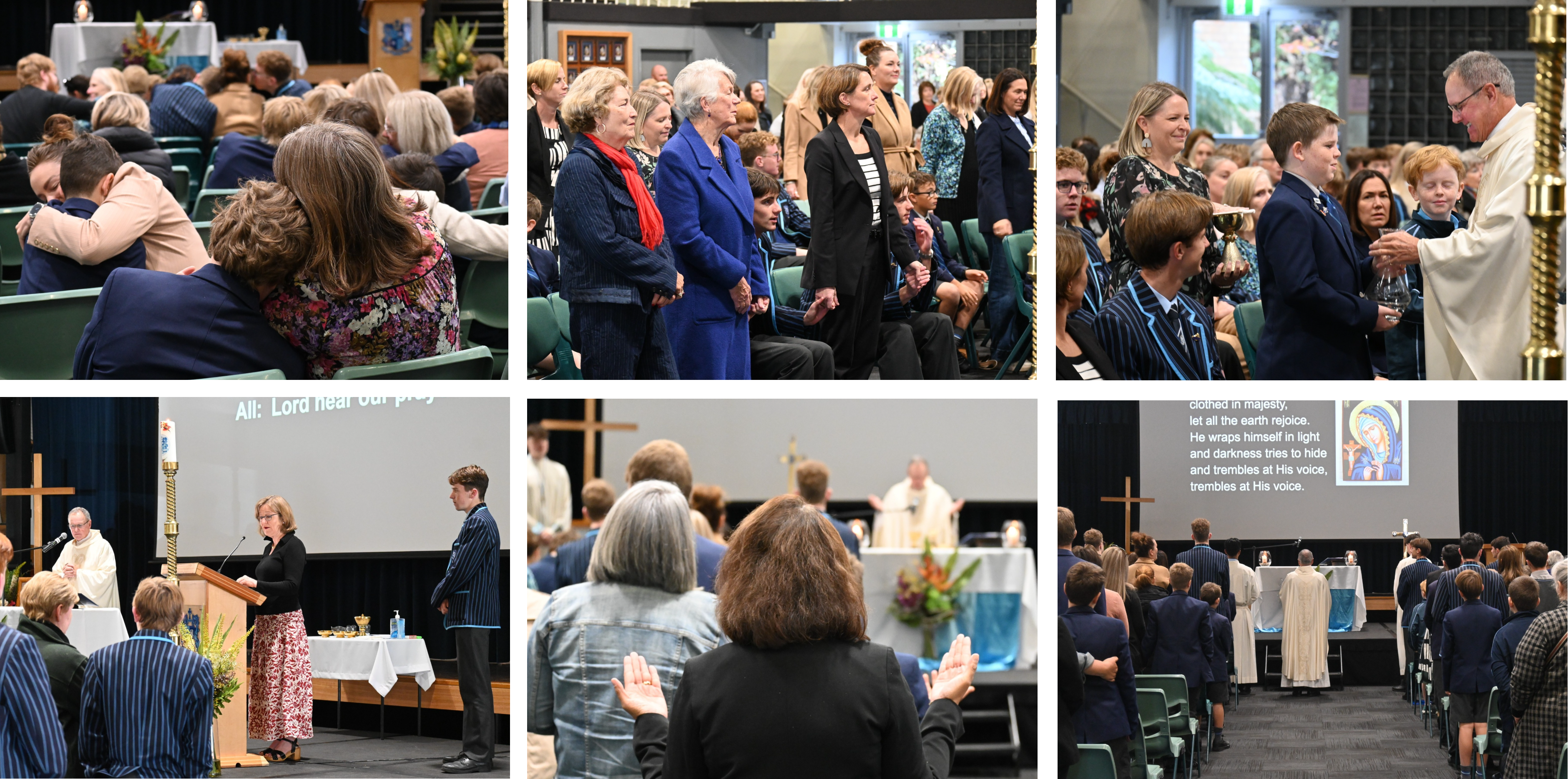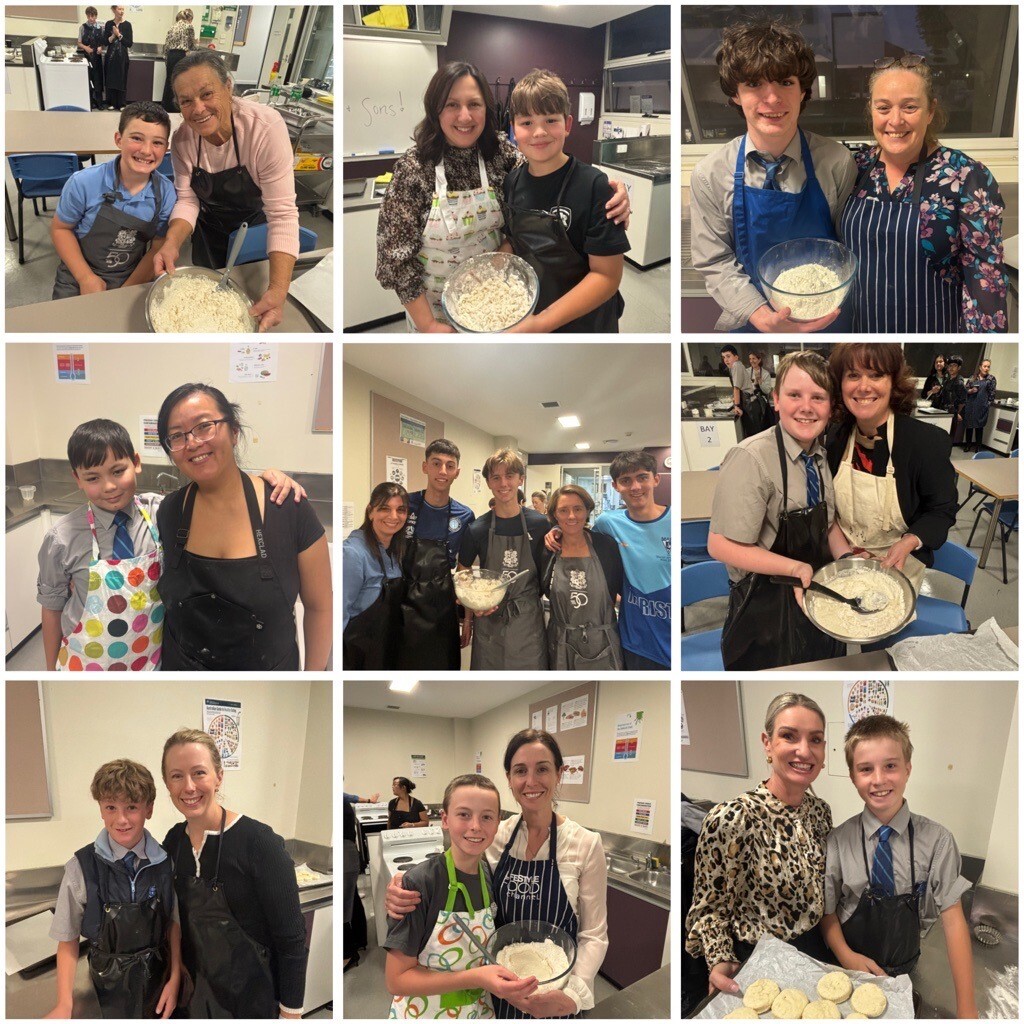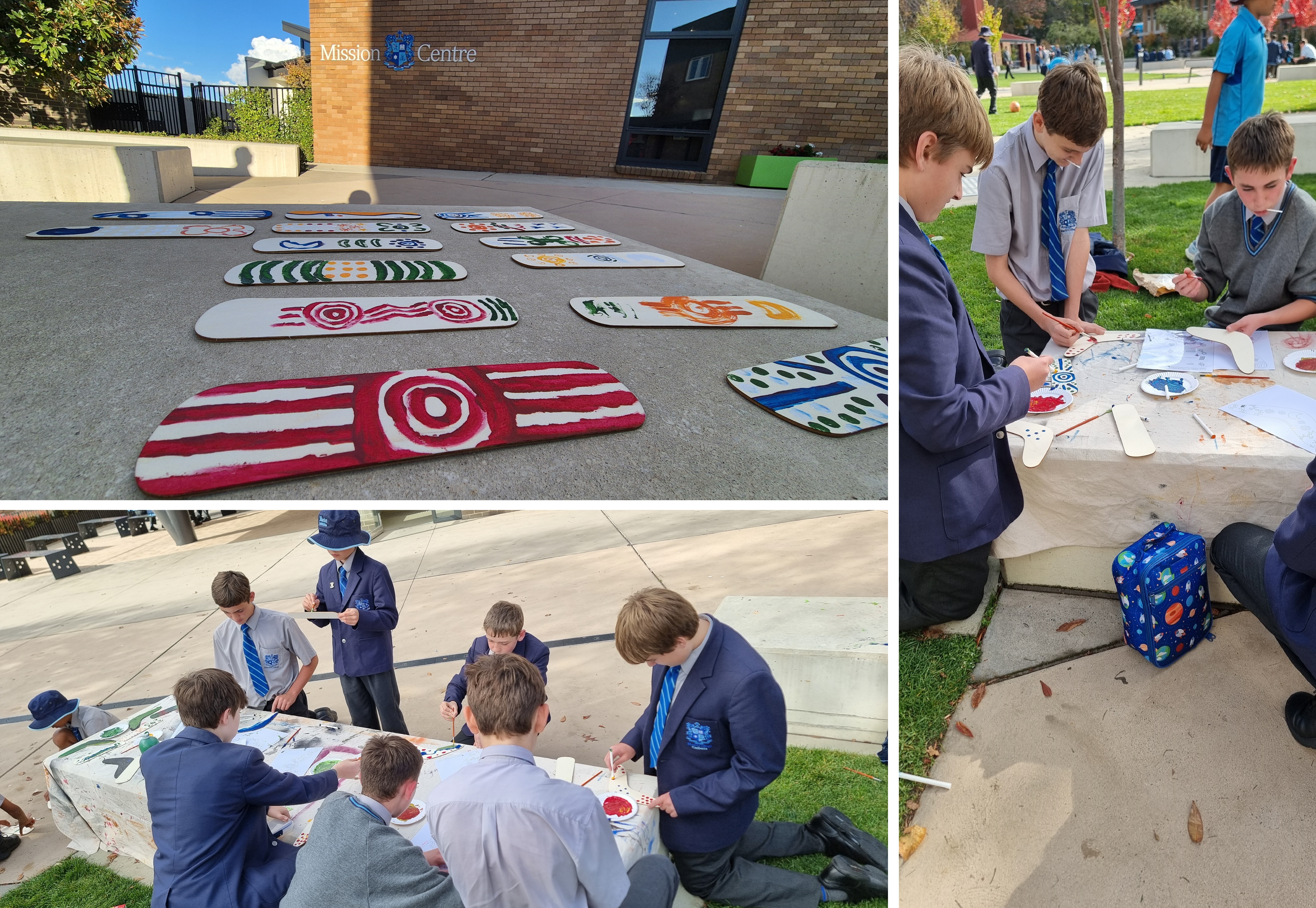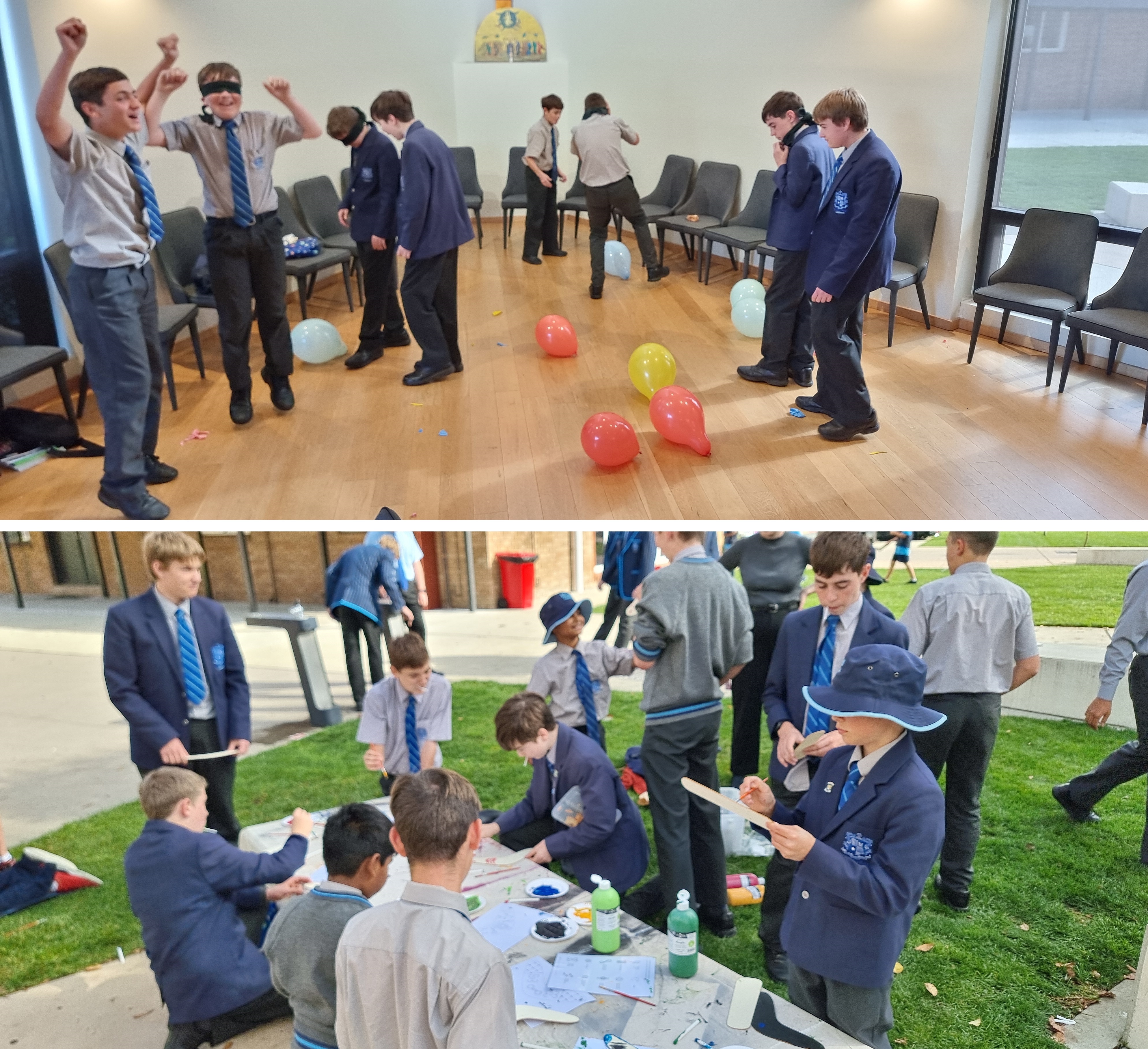More Than Words: Becoming a Community of Hope and Healing
I recently had a conversation with one of our Year 12 students about the challenges each generation faces in Australia. I suggested that for his generation, the exposures of smart technology and social media might be among the most critical. He, however, suggested a far deeper challenge, one inherited from generations past and continues to confront each new generation, is reconciliation with our First Nations peoples. He spoke of our collective moral obligation to bring healing and make every effort to close the gap of disadvantage.
In recent decades, Australia has made significant strides. There is growing awareness and acknowledgment of past wrongs. Public displays of overt racism, once commonplace, are now far less tolerated. It is less so now, but there are plenty of examples that it still exists and that racism is not just determined by the intent of the offender, but in how it is received by the Indigenous person.
At Marist College, we have continued our own journey of reconciliation. The presence of the First Nations flag alongside the Australian flag at the front of our College, the Acknowledgement of Country at our assemblies and gatherings and the beautiful artwork in our reception area are all small, meaningful steps. They are visible signs of respect and welcome.
Reconciliation, however, calls us to go beyond symbolism and sentiment. It invites us to respond to the persistent intergenerational disadvantage that too many First Nations Australians still endure. This includes disparities in education, health, employment and cultural recognition. It is lived out through relationships, through listening, through walking alongside one another with humility and a willingness to learn.
For what may we hope? Perhaps it is better asked in the first person, alongside two other timeless questions: What can I know? What ought I do? Understanding must come first; then action. Hope is not the same as optimism; it is not mere wishful thinking. It is a serious, grounded belief that healing is possible, especially when we place education at the heart of justice.
As a Catholic school in the Marist tradition, our mission is clear: to be a community that upholds the dignity of every person, particularly the most marginalised. As theologian Ronald Rolheiser reminds us, “How we treat the most disadvantaged is how we treat God.”
Let us be a community of hope committed to the long journey of reconciliation, grounded in respect and moved by love.
